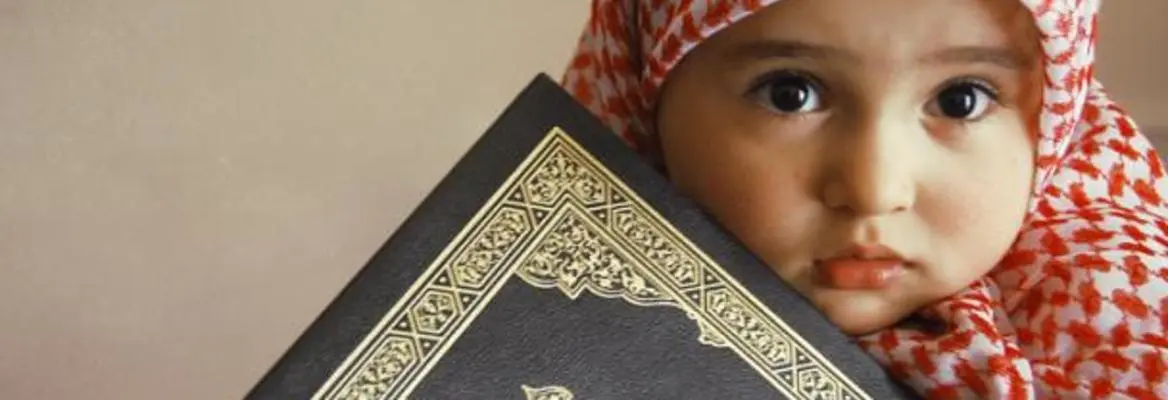Historical events of monumental significance often leave lasting impressions on us. Apart from the macro-level consequences these events have, they also tend to affect us on a deeply personal and emotional level. That’s why it’s common to hear people recall with vivid accuracy where they were when Princess Diana died or when England won the World Cup in 1966, and how the news impacted them.
Two events in particular stand out for me, one that millions of people around the globe were shaken by and the other that signified a turning point in my own life. The first of these was the September 11th terrorist attacks in New York and the second was when my six-year-old daughter declared in 2003: “daddy, I don’t want to be a Muslim!” It is ironic that I was at home watching television when both these events occurred.
While 9/11 left me in a state of shock and horror, my daughter’s unexpected announcement initiated a process of introspection into the faith that I practice (Islam) and how it influences my interaction with the wider community.
When I asked my daughter why she felt this way, she replied that “Muslims are always angry, always killing people and burning Guy Fawkes”. Taken aback by her response, I asked her to show me how she knew this, and she switched the television channel to one playing footage of a group of angry-looking Muslims burning effigies of George Bush and Tony Blair. Here was a young British Muslim girl with no in-depth knowledge of Islam – the theology, the ideology or even many of the practices – who was sure about just one thing: she did not want to be angry.
Numerous questions went through my mind:
These questions started a process of self-reflection and investigation into why and how my daughter and other young British Muslims were being indoctrinated with messages of intolerance and hate, leading to some of them being radicalised.
Fast forward to 2015 and we have over 700 British foreign fighters that have travelled to Iraq and Syria, where ISIL has declared an ‘Islamic State’. A significant number of these individuals have taken part in barbaric acts there, and have the potential to do the same in the UK. The British intelligence agencies inform us that they have foiled approximately 50 terrorist plots since 2005, with a sharp increase over the last twelve months.
So what is causing young people to become part of this apocalyptic utopianism? What is drawing them towards ISIL-inspired extremism? The first error here is to think this phenomenon is solely inspired by ISIL – doing so wilfully ignores the other organisations and mind-sets that share the same worldview. It is important to remember that it wasn’t ISIL or Al-Qaeda that inspired extremism; it is extremism that inspired both these organisations. Similarly, several other organisations have sprung from the extremist mind-set, both in the UK and around the world.
The crucial point here is the difference between Islam (the faith) and Islamism (the political ideology). The first is a faith practiced by nearly two billion people around the world and the latter is a distinct political ideology defined by the following four main points of belief which Islamists themselves would profess:
There is no set formula for the radicalisation process, but there seem to be four common stages.















Join the conversation